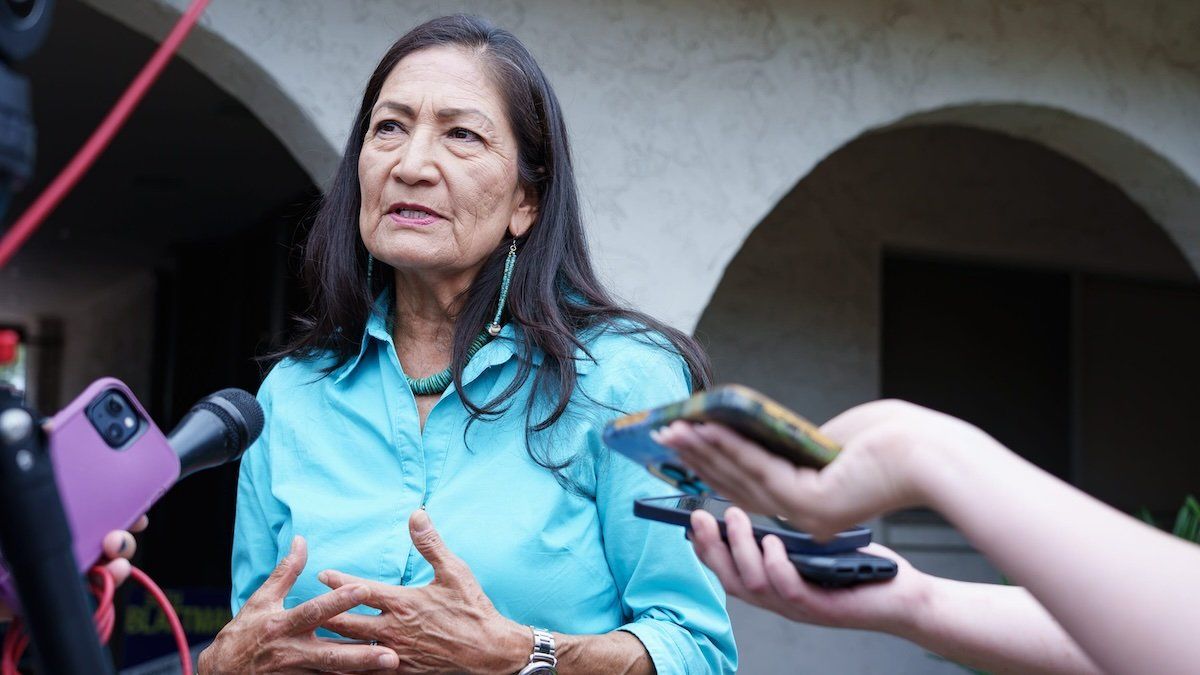The American government should formally apologize for forcibly assimilating Native American children through residential schools where nearly 1,000 American Indian, Alaska Native, and Native Hawaiian children died, according to a reportissued Tuesday by the US Department of the Interior.
The report was commissioned by Interior Secretary Deb Haaland, the first Native American cabinet secretary. She was reportedly influenced by the experience of Canada in coming to terms with its history of running schools where many children were subject to physical and sexual abuse – schools designed to force Indigenous people to assimilate.
In 2010, then-Prime Minister Stephen Harperformally apologized to Canadian Indigenous people for the Canadians residential school system, which was initially inspired by American schools. Both countries had a formal policy of using the schools to stamp out Indigenous culture.
The report recommends that the United States engage with Canada, Australia, and New Zealand on “best practices for healing and redress.” It also suggests a memorial to commemorate the children’s deaths and more help for Native communities to heal from intergenerational trauma.
Last month, American Catholic leaders apologized for the church’s role in the system.
President Joe Biden may want to follow in the footsteps of Harper and preside over a similar apology in Washington before he leaves office in January, although it is not clear whether consultations with Native groups could be conducted in time.
